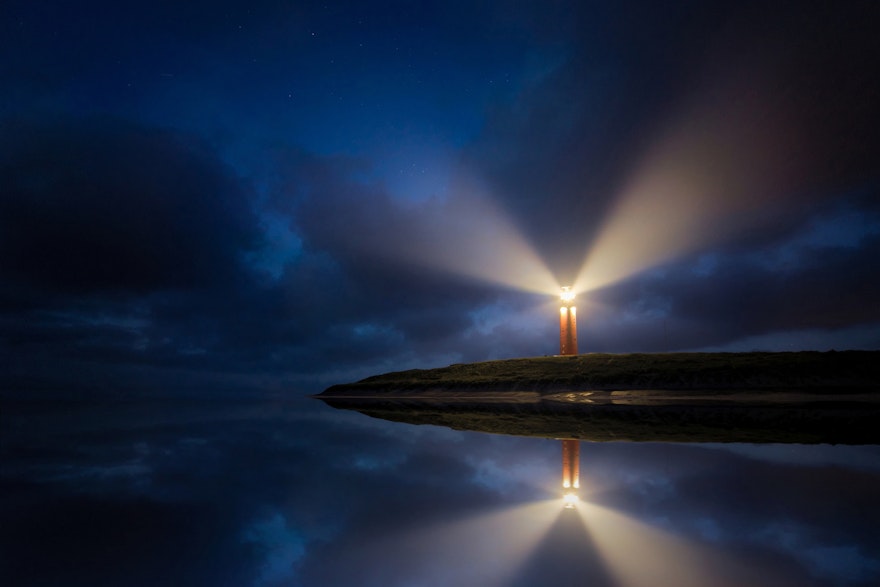I haven't had a new idea in years.
I just got started with Zen and the Art of Motorcycle Maintenance. I would not usually write about such a new experience so soon. But right off the bat, the book floored me with this line.
The statement comes from a middle-aged father on a trip with his young son. I share a bit with the narrator in age, dedication to my children, and an attempt to elevate myself from the strictures of my prior patterns of thought. As I have only read the first part, I wonder if I will regret that identification by the end.
I live in a world where new ideas are currency. New is the keyword that excites us all. So what's the hot trend? What are people talking about today that they were not yesterday? Startup programs judge eligibility by the youth of a company on the premise that novelty is definitionally de novo.
Sometimes I get surprised at how parochial the ideas of "good" novelty are. I see celebrations of companies backed by some well-known founder or investors that +1 their way on a hot trend in the news. A made-up example: three ex-Apple engineers raised money from A16Z to introduce a revolution in pet care - on the blockchain!
I see this contradiction everywhere. For example, a friend whose company I invested in told me about a memorable pitch meeting with a well-known venture capitalist. The latter said that if my friend were Stewart Butterfield, they would fund his enterprise.
This combination of newness and safety shouldn't surprise. Originality is how you get heat for marketing. Safety is how the investors justify putting the pension fund money into the venture. It's a tension that any successful investor has to navigate - find lopsided upside/downside opportunities.
I am also reminded of Jeff Bezos' maxim to invest in things that do not change. He gives this advice publicly and privately. The new is definitionally about change - does that make it an unprofitable place to invest?
These are all hard questions that I do not have solid answers to as yet, but I take a page from Geoffrey Moore and look at them through the lens of core and context. The context shifts all around us. Our core remains as constant as we are. If we are calm and centered, the core remains so as well. If we flit from thing to thing, the core is similarly mutable. Understanding ourselves makes that core more solid, and we become islands amid swirling seas.
I find these seas tempting and exhilarating - that's why I work around technology and entrepreneurship. But after many attempts to circumnavigate in a dinghy, I've learned the value of a deep core. The story of the battleship and the lighthouse comes to mind. The battleship mightier than the lighthouse, but it will come to a bad end if it plays chicken.
My calm and experience are the island, and my attempt to apply it to the world is merely the lighthouse atop it. The profit is from building the island, not the lighthouse.
I return to new ideas. I sometimes get credit for seeing a little further ahead than others. Most of my innovations, however, as about connecting the old with the new. Each application might be somewhat innovative per se, but the real value is a grip on what does not change.
There is a middle ground, of course: things that change slowly or non-obviously. My experiences as a father to small boys have given me an appreciation for thinking over a longer time scale. Look forward or backward a few weeks, and they are the same happy kids. Fast-forward months, they have new abilities. In a few years, they are different people. And I have no idea what kinds of contributions they will make to society.
So what contributions do I have? What ideas can I bring to the market? Helping other people build their islands and be lighthouses seems like where one can have the most significant impact. That can come from learning, teaching, and building - the pillars of my work.
This opportunity to create value comes not from chasing the new but deepening the core. The striving should be a discovery of where one can be extraordinary. The realization of that meaning need not be striving because instead of reaching out, losing balance, one goes down.
This opportunity is my work, and it harder than any I have ever done. Chasing new ideas is easy in comparison. So perhaps the line I opened with is it is not quite the self-indictment but rather a mission statement and a guide for value.

